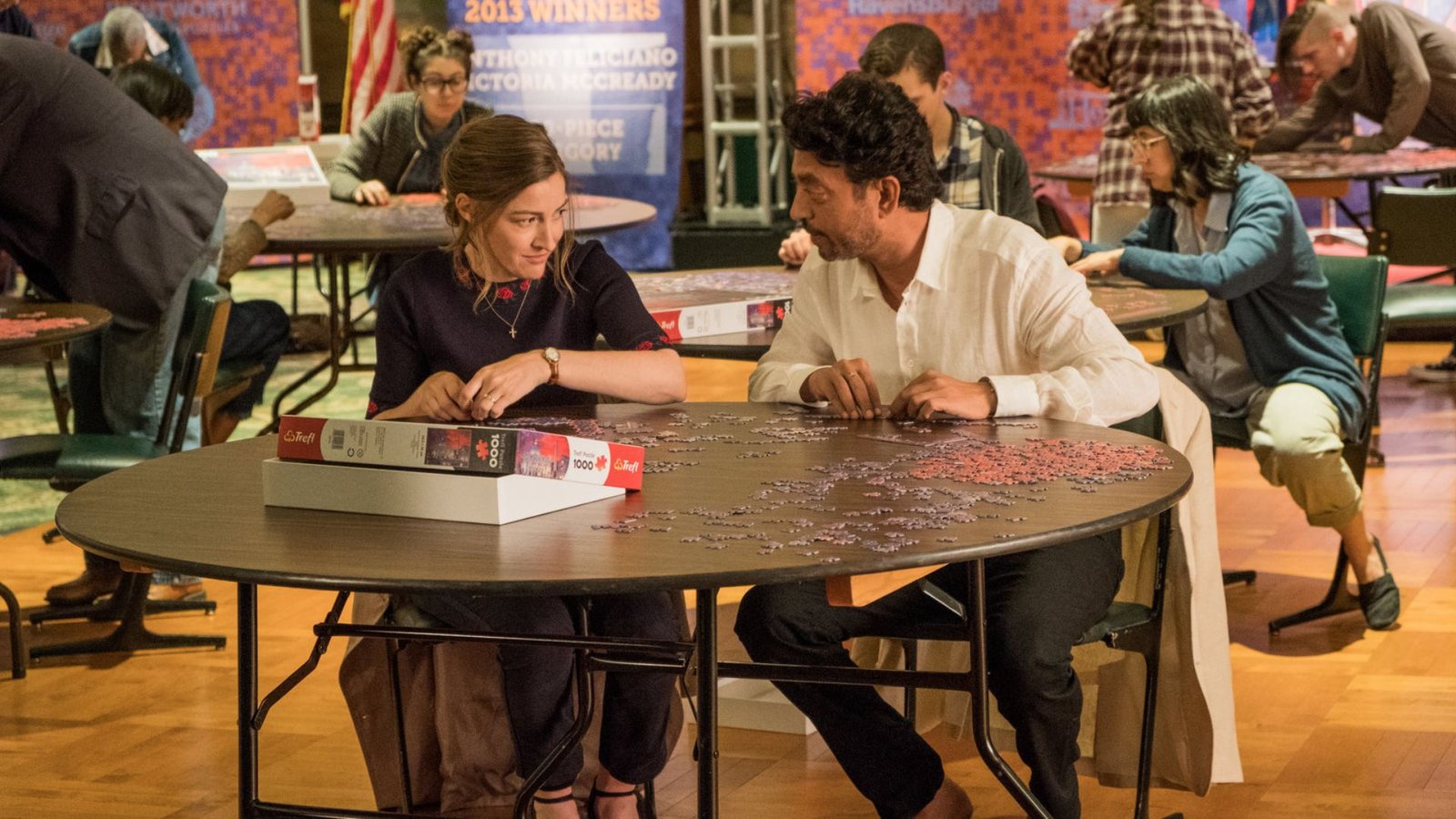Participating in a high-stakes puzzle competition can be thrilling, but it can also come with intense pressure. The clock is ticking, other competitors are around you, and every decision counts. In such high-pressure situations, it’s easy for anxiety to creep in and disrupt your performance. However, staying calm and focused is essential to solving puzzles efficiently and effectively. In this article, we’ll explore strategies to help you maintain clarity, manage stress, and perform at your peak during high-stakes puzzle competitions.

Prepare Mentally Before the Event
Visualize Success
Visualization is a powerful technique used by athletes and high-level performers to prepare for stressful situations. Before you even step into the competition, spend a few minutes imagining yourself solving puzzles confidently and calmly. Picture yourself in the competition environment, solving the puzzles with ease and focus. This mental preparation helps set a positive tone for the competition, making you more mentally resilient when the real event begins.
Practice Under Pressure
To get used to the intensity of competition, simulate stressful situations during your practice sessions. Time yourself while solving puzzles and try to complete them within strict time limits. Practicing under pressure will help you build confidence and prepare your brain for the high-stakes environment.
Mental Rehearsal
In addition to visualizing your success, mentally rehearse your approach to solving puzzles. For example, if you’re preparing for a Rubik’s Cube competition, imagine yourself executing each algorithm correctly and swiftly. This mental rehearsal prepares your brain to react instinctively during the real competition, helping you stay focused.
Develop a Calm-Down Routine
Breathing Techniques
One of the most effective ways to calm your nerves is through controlled breathing. When anxiety sets in, your breath becomes shallow and fast, which can make you feel even more stressed. Practice deep-breathing exercises to help you regain control. A simple technique is the 4-7-8 method:
- Inhale through your nose for 4 seconds.
- Hold your breath for 7 seconds.
- Exhale through your mouth for 8 seconds.
Repeating this process a few times can activate your parasympathetic nervous system, helping to reduce stress and bring your focus back to the task at hand.
Progressive Muscle Relaxation
Progressive muscle relaxation involves systematically tensing and then relaxing different muscle groups in your body. This technique helps release physical tension that may be contributing to your anxiety, allowing you to stay calm and focused. Practice this technique before and during the competition to manage stress.
Positive Affirmations
Before and during the competition, remind yourself that you are well-prepared and capable. Positive affirmations like “I can solve this” or “I trust my skills” can help you stay grounded and confident, even in stressful moments.
Create a Clear Strategy
Break Down the Puzzle
High-stakes competitions can feel overwhelming when you look at a puzzle as a whole. Break down the puzzle into smaller, more manageable parts. Focus on one section at a time and avoid thinking about the entire puzzle at once. This method can reduce feelings of overwhelm and help you stay focused on solving the puzzle step by step.
Have a Step-by-Step Plan
When you approach a puzzle, have a clear, methodical strategy in mind. Whether you’re solving a Rubik’s Cube, a Sudoku puzzle, or a jigsaw, having a consistent plan will help you feel more in control and reduce mental distractions. Know what the first, second, and third steps are so you don’t waste time figuring things out under pressure.
Stay Flexible
While it’s essential to have a plan, it’s equally important to remain flexible. If your initial strategy doesn’t work out as expected, don’t panic. Instead, calmly assess the situation and adjust your approach. Flexibility allows you to stay resilient and adaptive under stressful conditions.
Conclusion
High-stakes puzzle competitions can be intense, but by preparing mentally, developing effective strategies, and practicing relaxation techniques, you can stay calm, focused, and perform at your best. Remember that the ability to manage stress and stay composed is just as important as puzzle-solving skills. By adopting these strategies, you’ll not only improve your performance but also enjoy the competition and the challenge it presents. Stay confident, stay focused, and enjoy the puzzle-solving journey!



